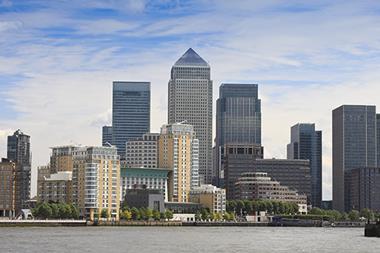Editor: In the commercial real estate sector at least, the past few months have been dominated by WeWork. Its US bankruptcy has cast a long shadow over the sector – or at least that’s what some headlines suggest.

The reality is that flexible workspace has gone from strength to strength, and no matter what happens to WeWork’s UK arm, the sector will remain buoyant in 2024.
This growth will be driven not only by economics – flexible workspace provides healthy income streams and good returns on investment – but also by the growing demand from occupiers for high-quality services and amenities.
The result is that 2024 will see not just a growth in flexible workspace but an evolution too, as the spaces come to feel more and more like hotels.
Flexible workspace’s growth will inevitably fuel an increase in management agreements, which accounted for 43% of deals in the first half of this year.
This won’t necessarily be plain sailing for the sector, however. Landlords entering management agreements for the first time need to take care that the arrangements are not slanted in favour of operators. Familiarity breeds understanding, so I expect these contracts’ nuances will become more balanced for both parties as we progress through 2024.
In 2023, environmental, social and governance (ESG) shot up the boardroom agenda to the point that flexible workspace operators will stand out if the letters ‘E’, ‘S’ and ‘G’ aren’t a central part of their strategy.
Operators cannot afford to see ESG as a tickbox exercise any longer. It is vital they scrutinise every link in their supply chains, particularly when it comes to carbon emissions, to ensure that their commitment to sustainability matches their customers’ expectations.
I hope we can move beyond the post-pandemic era in 2024 and into a time when flexible workspace is considered a critical pillar of the office market. Looking ahead, 2024 will be the year that flexible workspace proves it is here to stay.
Calum Russell, chief executive, Covalt





























No comments yet